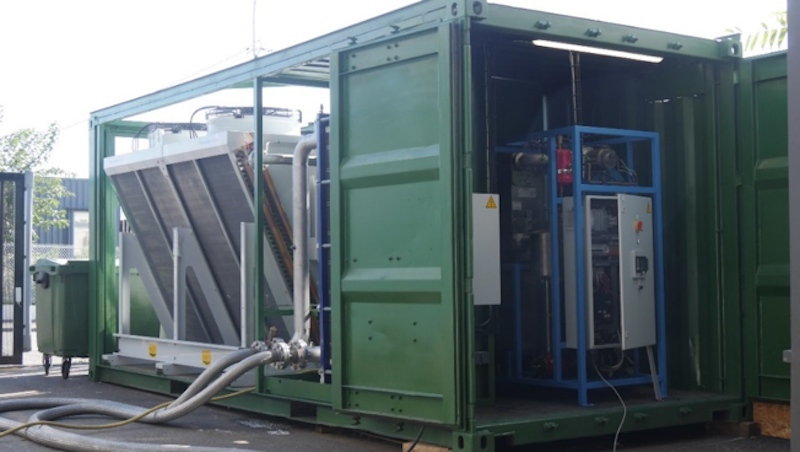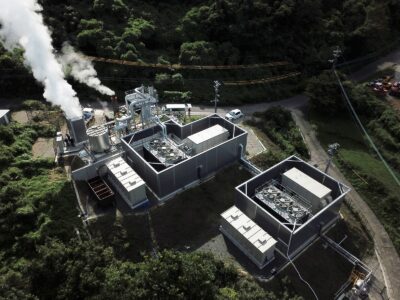PDP University in Gujarat, India plans testing solar-geothermal hybrid plant set-up
The Centre of Excellence for Geothermal Energy at PDPU in Gujarat, India will be testing a new solar-geothermal hybrid model to increase the efficiency and energy output of a small-scale geothermal test plant at the school.
Reported locally, the Centre of Excellence for Geothermal Energy (CEGE) at the Pandit Deendayal Petroleum University (PDPU) in Gujarat, India will be experimenting with a solar-geothermal hybrid model to improve energy output at a small geothermal plant set up last year.
The plan is to improve the energy output at the site and it is expected that the plant will be functional later in 2020.
The design planned to be used is built on a bimodal parabolic trough collector set up, so Prof. Anirbid Sircar, head of the CEGE. “The PCT can collect solar energy for 7 to 8 hours a day whereas geothermal energy will be available round the clock.”, so Prof. Sircar.
“Both the modes will be assimilated for amalgamated power generation. We believe that the capacity will increase from the current 20 kw/h for geothermal to 50-60 kWh in the hybrid mode.”
This was announced on the sidelines of the 4th International Geothermal Conference at PDPU this week. The event was attended by both national and international experts.
“CEGE has identified Unai and Gandhar in the state of Gujarat, India along with Dholera for their potential to harness geothermal energy,”, so Prof. Sircar. “Temperature conditions at Unai are found to be better with the possibility of getting 100 kWh from the site.”
We thank Dr. Kunzes Dolma from the UNU Geothermal Training Program in Iceland (now actually renamed to GRO GTP after the move under the umbrella of UNESCO.
Source: The Times of India


















